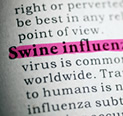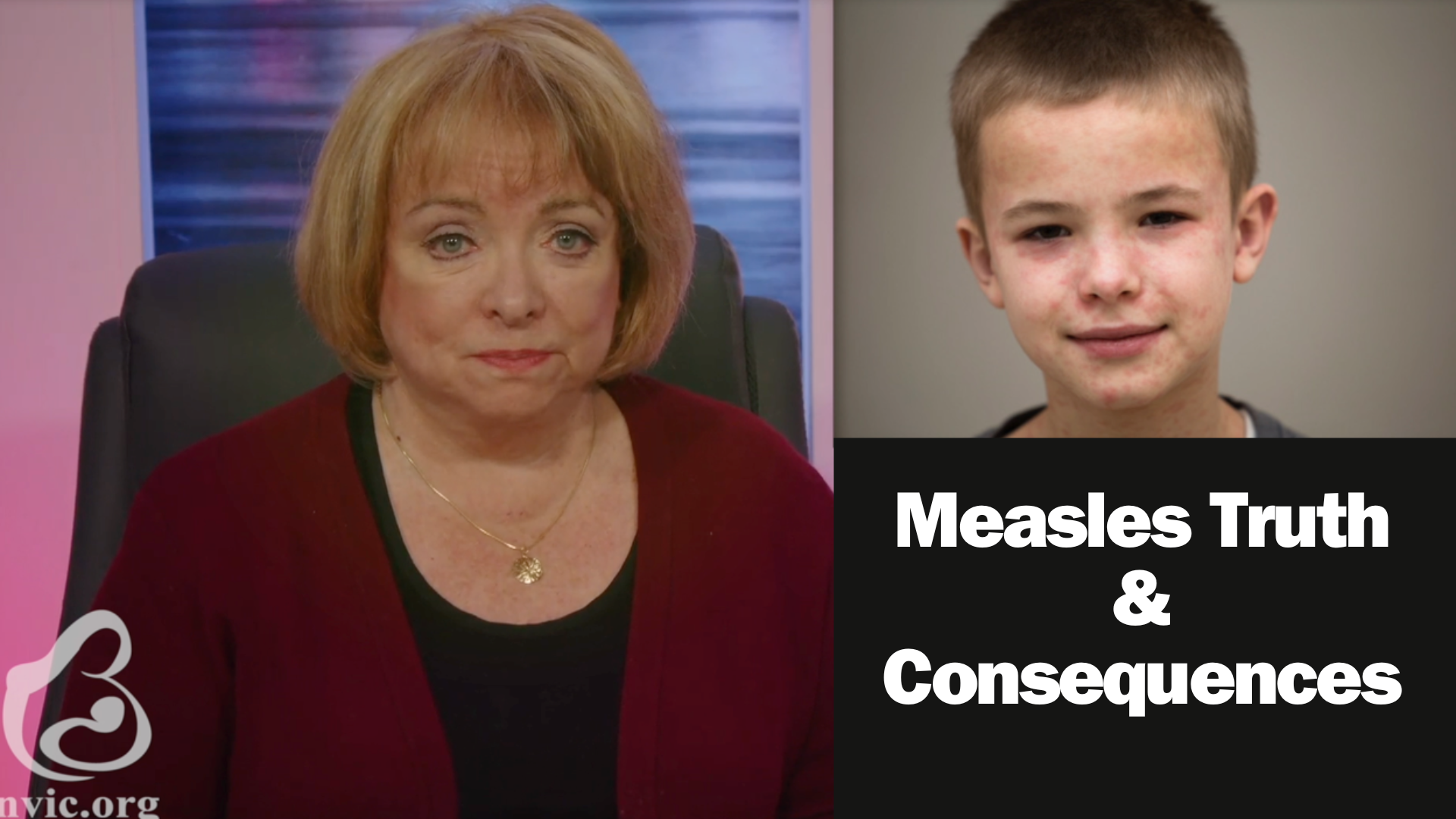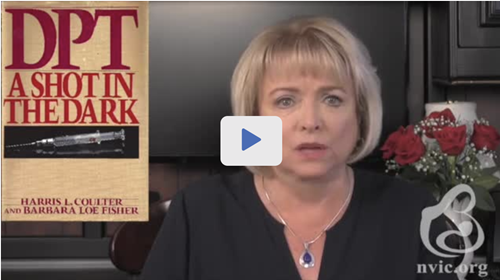
U.S. and Australia Report Vaccine Safety Signals
Washington, D.C. April 29, 2010 – In response to an April 23, 2010 report by the H1N1 Vaccine Safety Risk Assessment Working Group (VSRAWG) of the National Vaccine Advisory Committee (NVAC)identifying three potential pandemic H1N1 vaccine safety signals for neuroimmune (Guillain- Barre Syndrome, Bell’s palsy) and blood disorders (thrombocytopenias), the National Vaccine Information Center (NVIC) is urging an expansion of influenza vaccine safety monitoring and assessment. NVIC’s call coincides withAustralia halting use of the 2010 trivalent seasonal influenza vaccine containing a pandemic H1N1 vaccine component in children under age five due to an unusual number of nationwide reports of high fever, vomiting and convulsions leading to hospitalizations and a report of at least one child death.
DHHS created the VSRAWG to provide independent oversight of federal post-marketing monitoring of pandemic H1N1 vaccine adverse events. Among the experts serving on the risk assessment team is Vicky Debold, PhD, RN, who is also the consumer member of the FDA Vaccines & Related Biological Products Advisory Committee. The VSRAWG’s main objective is to conduct rapid reviews of adverse events associated with the 2009 pandemic H1N1 vaccine to assess potential causation, as well as establish priorities for additional investigations.
In four months, millions of healthy and chronically ill American children, pregnant women and adults will be told by their doctors to get a flu shot that contains the 2009 pandemic H1N1 vaccine component.” said NVIC co-founder & president, Barbara Loe Fisher. “The potential safety signals in the U.S. and Australia underscore the need to expand and improve vaccine safety surveillance systems to make sure that all signals are being picked up and responded to quickly. Timely reports help doctors and patients identify symptoms that may be associated with vaccination and facilitate informed medical decision-making and better management of vaccine adverse events.”
Earlier this month, NVIC participated in a federally sponsored meeting to evaluate the effectiveness of the U.S. vaccine safety system and NVIC supported the creation of an independent vaccine safety oversight agency funded by congressional appropriations that reports directly to the President. NVIC has long been critical of the failure of most vaccine providers to obey safety provisions in the 1986 National Childhood Vaccine Injury Act. The Act mandated reporting of serious health problems following vaccination to the federal Vaccine Adverse Events Reporting System (VAERS), which acts as a sentinel post-marketing surveillance system.
“Safety signals can’t be picked up and responded to quickly if vaccine providers do not step up to the plate and make full and rapid reports of all serious health problems following vaccination to the government through VAERS,” said NVIC executive director Theresa Wrangham. “It is a legal, medical and social obligation for anyone giving a vaccine to report vaccine adverse events to VAERS. It is also important for the public to understand that if their doctor won’t report a vaccine adverse event to VAERS, the system is set up to accept reports from patients as well.”
Symptoms of neuroimmune and blood disorders currently being investigated by the pandemic H1N1 vaccine safety oversight Working Group include weakness and paralysis of arms and/or legs (Guillain-Barre' Syndrome); weakness and paralysis of one side of the face (Bell's palsy) and bruising under the skin or unusual bleeding (thrombocytopenia). “Vaccine providers and patients should immediately report these and other serious symptoms following vaccination to VAERS either by filing an online report or by calling 1-800-822-7967,” said Wrangham.








Leave a comment
Your email address will not be published. Required fields are marked with an *